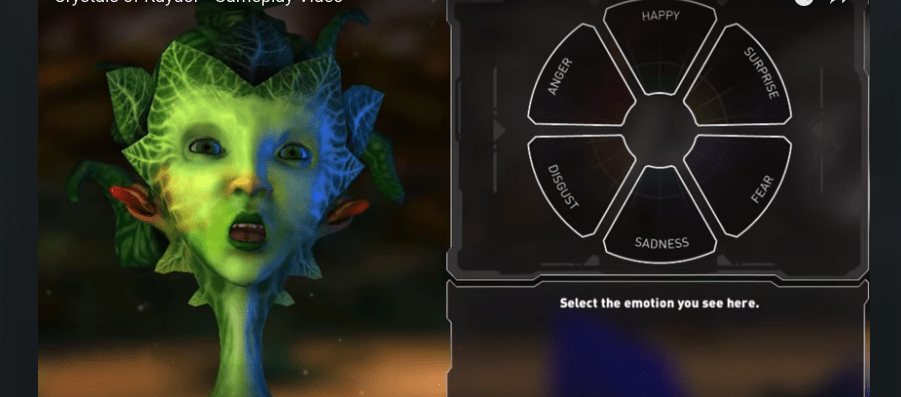Davidson, a professor at the University of Wisconsin-Madison, and Kurt Squire, an associate professor in the School of Education and director of the Games Learning Society Initiative, received a $1.39 million grant this spring to design and rigorously test two educational games to help eighth graders develop beneficial social and emotional skills: empathy, cooperation, mental focus, and self-regulation.
“By the time they reach the eighth grade, virtually every middle-class child in the Western world is playing smartphone apps, video games, computer games,” says Davidson. “Our hope is that we can use some of that time for constructive purposes and take advantage of the natural inclination of children of that age to want to spend time with this kind of technology.”
The grant came from the Bill & Melinda Gates Foundation, which is keenly interested in preparing U.S. students for college readiness.
“Skills of mindfulness and kindness are very important for college readiness,” Davidson explains. “Mindfulness, because it cultivates the capacity to regulate attention, which is the building block for all kinds of learning; and kindness, because the ability to cooperate is important for everything that has to do with success in life, team-building, leadership, and so forth.”
The initial stage of the project will focus on designing prototypes of two games. The first game will focus on improving attention and mental focus, likely through breath awareness. The second game will focus on social behaviors such as kindness, compassion, and altruism.
To read the official press release about this project, click here. And for more of our coverage of Richard Davidson’s work, click here.







